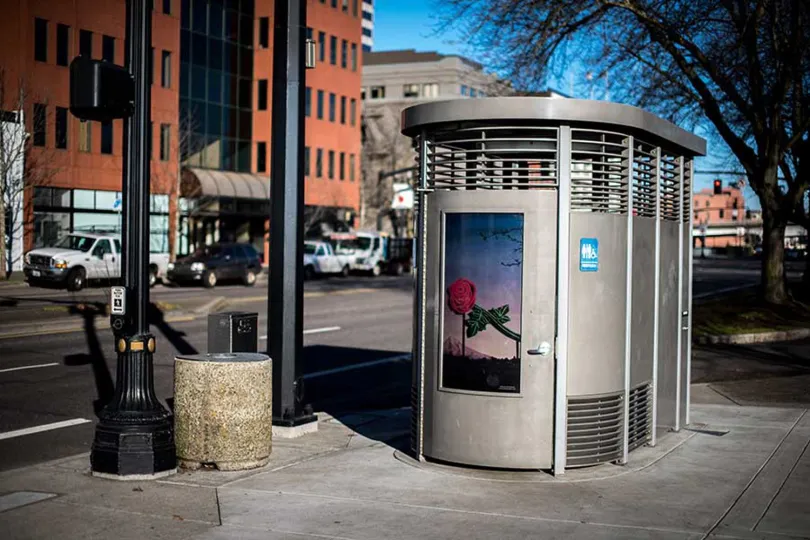Modular Portland Loo Toilets Are Finally Coming to New York City
Five prefabricated bathrooms will offer relief in one park in each borough — after a painful wait for a company coping with city bureaucracy.

 This article was originally published on by THE CITY
This article was originally published on by THE CITY
Nearly four years after floating the possibility, the city Department of Parks and Recreation is preparing for a trial run of prefabricated, kiosk-like bathrooms that cost a fraction of the multimillion-dollar price tag for building traditional restrooms.
The five Portland Loo toilets, made by an Oregon-based metal firm, cost roughly $185,000 each, according to a Parks Department spokesperson.

Brooklyn Boro
View MoreNew York City’s most populous borough, Brooklyn, is home to nearly 2.6 million residents. If Brooklyn were an independent city it would be the fourth largest city in the United States. While Brooklyn has become the epitome of ‘cool and hip’ in recent years, for those that were born here, raised families here and improved communities over the years, Brooklyn has never been ‘uncool’.